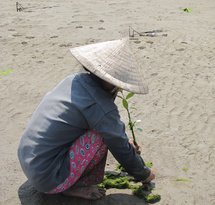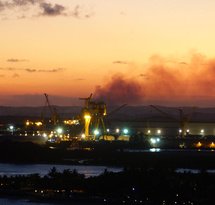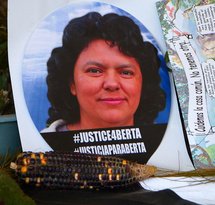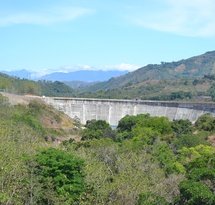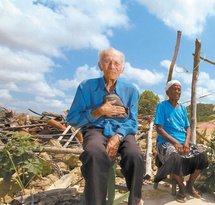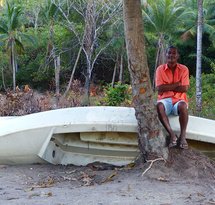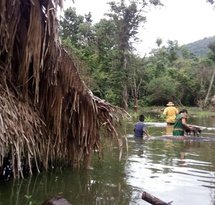Dutch taxpayers' money must be spent in the public interest. The government uses some of it to finance and support projects and activities abroad. It does this through various channels, including Dutch development bank FMO, multilateral banks like the World Bank and special funds such as the UN's Green Climate Fund. In addition, the Dutch state supports high-risk export activities through export credit agency Atradius DSB. To serve the public interest, government expenditure on projects and activities abroad must help prevent damage to people and the environment.
Before deciding to support a project, all institutions operating with public money should assess whether it disadvantages certain groups and whether they receive ample compensation, whether it causes environmental damage and who is responsible for remedying it, and whether the project contributes to sustainable development.
Large infrastructural projects, such as dams or hydropower plants, are examples of activities which may cause considerable damage. Development banks and other public finance institutions often see them as green energy providers, but fail to take into account what happens to the areas which are submerged, or further downstream when a river is cut off.
Or take large-scale, intensive farming. Often seen as the perfect solution to food scarcity and poverty, it can lead to monocultures and negative impacts on farmers who have been growing food informally for many decades, i.e. without having formal rights to the land they cultivate.
The primary aim of export support, provided in the Netherlands on behalf of the government by export credit agency Atradius DSB, is not to promote sustainable development but to advance Dutch exports. Because they act in the public interest, Atradius DSB, too, should ensure that only projects meeting high social and environmental standards receive export support.
Most public finance institutions commit themselves to social and environmental regulations of some kind, but these are often non-binding and are not adhered to in practice. Both ENDS has been following a number of these institutions, like FMO and Atradius DSB, for several years, monitoring whether they adhere to their own social and environmental criteria and confronting them if they do not. Together with partner organisations from across the world, we continuously advocate for adherence to, and strengthening of, the existing criteria used by the various institutions. In addition, we show how development finance can be utilised to achieve real sustainable development.
